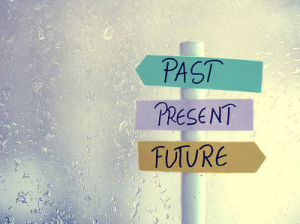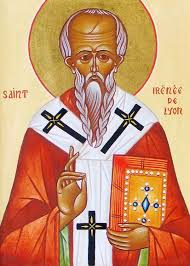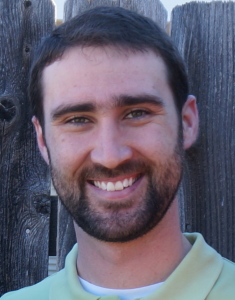“Rejoice! Rejoice! Emmanuel shall come to thee, O Israel.”

Theology of gratitude. Yesterday, on the last day of the “O Antiphons,” the beautiful and ancient recitations made the week before Christmas during Evening Prayer, we implored the Lord, “O Emmanuel, king and lawgiver, desire of the nations, Savior of all people: Come and set us free, Lord our God.” Well, our prayer has been heard. The Christ has come. The chorus of the popular Advent hymn enjoins us to rejoice because Emmanuel, the Savior of all people, has come and set us free. Our joy and exultation arises from this pure gratia (grace)—this undeserved gift. Derived from this notion of gratia is the word gratitude. We rejoice because we are grateful for the gift of Emmanuel, God with us—born to save us. Gratitude is the recognition of grace; it is the acknowledgment of those free and undeserving gifts that we have not earned or merited, but enjoy in our lives. Without this recognition we cannot be grateful this Christmas season, and without gratitude we cannot rejoice. Read More →
 In our culture, we sometimes think of physical healing as near magic. Take this potion, that magic pill, wave the x-ray wand, blast it with invisible radiation. Voila! You’re better. Our medical treatments are certainly advanced, but such a degree of technical progress can reduce our sense of agency in the process. Participating in treatment can feel analogous to taking the car into the shop for an adjustment.
In our culture, we sometimes think of physical healing as near magic. Take this potion, that magic pill, wave the x-ray wand, blast it with invisible radiation. Voila! You’re better. Our medical treatments are certainly advanced, but such a degree of technical progress can reduce our sense of agency in the process. Participating in treatment can feel analogous to taking the car into the shop for an adjustment. There is a threefold dimension to the Advent season–past, present and future. Sometimes we forget that Advent is not simply a memory exercise of the Church contemplating the Christ event some 2000 years ago. Advent is also a time in which we prepare our hearts in expectation for Christ’s
There is a threefold dimension to the Advent season–past, present and future. Sometimes we forget that Advent is not simply a memory exercise of the Church contemplating the Christ event some 2000 years ago. Advent is also a time in which we prepare our hearts in expectation for Christ’s 
 the fact that we share in the Divine Life by grace this phrase must have some relevance and meaning to those of us who do not yet have the Beatific Vision. So, Psyched Catholic is my chance to think deeply about God’s glory and living man. In this space I want to contemplate and explore lines given to us by the Church like “man cannot find himself, except through a sincere gift of self,” and “Christ…fully reveals man to man himself.” The wisdom of the Church and of her Saints has much to teach me about how to live the life of grace well. I have come to believe that solid psychology can assist in this venture as well. With Psyched Catholic I want to plunder Egypt’s gold and take what is true, good, and beautiful from psychology and explore how it can benefit our spiritual lives. From my own experiences and those of intimate friends and family I know that barriers to psychological and emotional health, whether they be traumas from the past, addictions, or mental disorders can often impeded our spiritual growth and relationship with God. Psychology can be used to help clear away the rubble that may be impeding grace, freeing us to flourish.
the fact that we share in the Divine Life by grace this phrase must have some relevance and meaning to those of us who do not yet have the Beatific Vision. So, Psyched Catholic is my chance to think deeply about God’s glory and living man. In this space I want to contemplate and explore lines given to us by the Church like “man cannot find himself, except through a sincere gift of self,” and “Christ…fully reveals man to man himself.” The wisdom of the Church and of her Saints has much to teach me about how to live the life of grace well. I have come to believe that solid psychology can assist in this venture as well. With Psyched Catholic I want to plunder Egypt’s gold and take what is true, good, and beautiful from psychology and explore how it can benefit our spiritual lives. From my own experiences and those of intimate friends and family I know that barriers to psychological and emotional health, whether they be traumas from the past, addictions, or mental disorders can often impeded our spiritual growth and relationship with God. Psychology can be used to help clear away the rubble that may be impeding grace, freeing us to flourish.  Advent is here.
Advent is here.